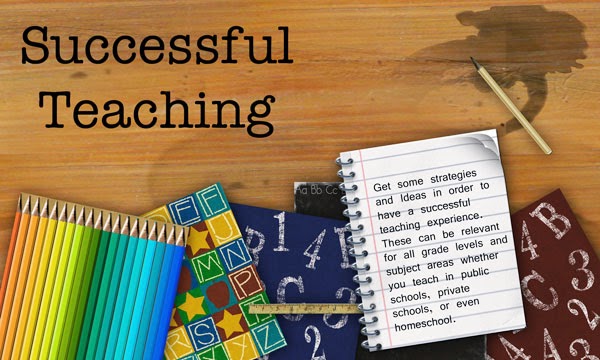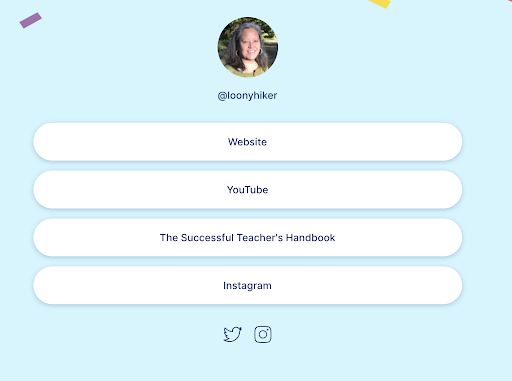(Guest Post: Jonathan Pickles has taught language arts at the middle and secondary levels for more than twenty years. He has worked in both public and private schools in California, Connecticut, and New York. He is published by N&N Publishing and UPCO. Jonathan currently resides in Dutchess County’s gorgeous Hudson Valley with his wife, daughters, cats, dogs, and one very lucky goldfish. You can read more at https://www.picklesandbooks.com)
Let me begin by saying that I embrace technology in my sixth-grade language arts classroom, but there are times when tried-and-true methods, however archaic or old-school they may seem, are the best tools for the task at hand.
It’s easy to feel pressured by the technology tide that is rolling through the academic world; I have many colleagues that feel guilty when they assign a worksheet or ask their students to complete a workbook activity. Truth-be-told, in the spirit of differentiating instruction for all students, there are situations where that mimeographed exercise from 1979 is the best tool for a particular student at a particular time.
I encourage you to ditch that tech and try a timeless technique that has endured since the first word was printed on a page: marking text. I’m referring to annotation, which is writing in the margins of books.
Readers across time and across the world have read with a pen or pencil in hand, ready to mark an important paragraph or scribble their innermost thoughts in response to a relevant passage.
Low-skilled readers have difficulty in establishing a purpose for reading. If they are compliant, they may want to please the teacher and search through literary or informational text to find an “answer.” If this is the case, they can’t see the forest for the trees. Conversely, if they are prompted to find the big-idea, or “message,” they won’t see the trees for the forest.
This is especially true of my special education students, who, although willing to please and work hard for the most part, often miss out on the journey and the simple joys of reading. This leads to frustration and confusion which quenches their spirits and quashes any chance of developing a growth mindset. As such, they have had limited success in building their language arts skills.
Low-skilled readers need to know that their reading reactions may matter more than finding the answer or message in a text. Students can begin annotating right away. Try this: ask your students to help you make a list of possible emotional reactions a reader might have while reading. A reader might be amused, or angry; perhaps they agree or disagree strongly with a passage. Maybe they despise or love a certain character in a story, or it could be that they are surprised by the thrust of a news article.
After you and your students have a list of reactions, assign a simple icon to each. For example, to mark agreement, use a check-mark. To note disagreement, make an X. Use emojis where possible, as your students are most definitely familiar with them. A happy face can note amusement.
If the students own the books or texts that they are reading, they can annotate directly—mark a passage, draw the icon or emoji, and write a few words about why they had a particular reaction. If they do not own the texts, simply do this on a sticky note and affix it to the relevant passage.
Students can share their reactions with seat partners. They can use their annotations in literature circles or reading groups. Probe the readers as to why they reacted a certain way and celebrate differences. Draw their attention to the reading journey itself.
Your students will have had a positive reading experience, which is a type of success in and of itself. This will boost engagement immediately and reap rewards beyond what you might have expected. And the only technology you will have used is the printed page.





